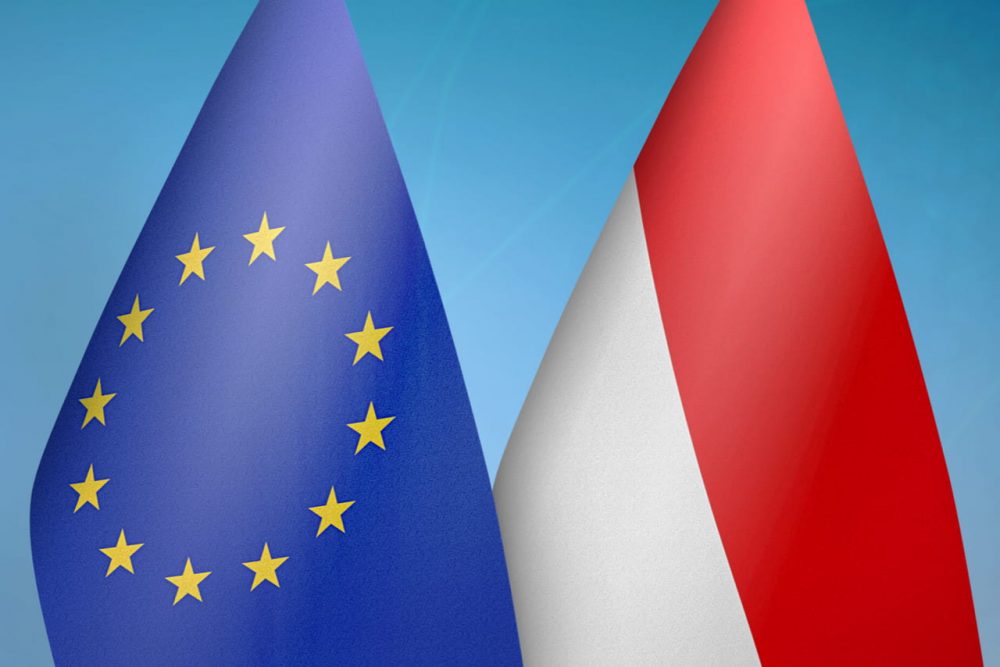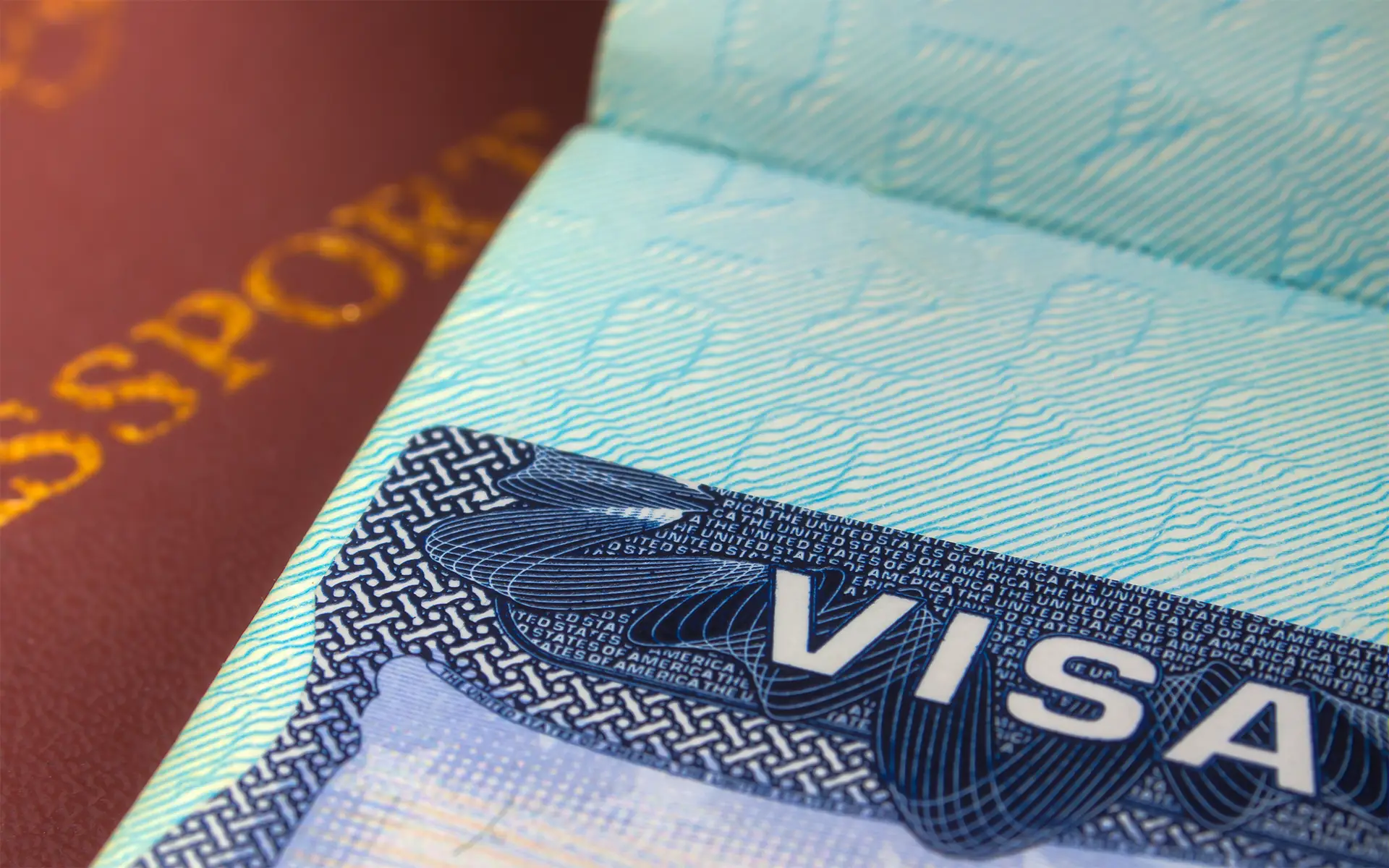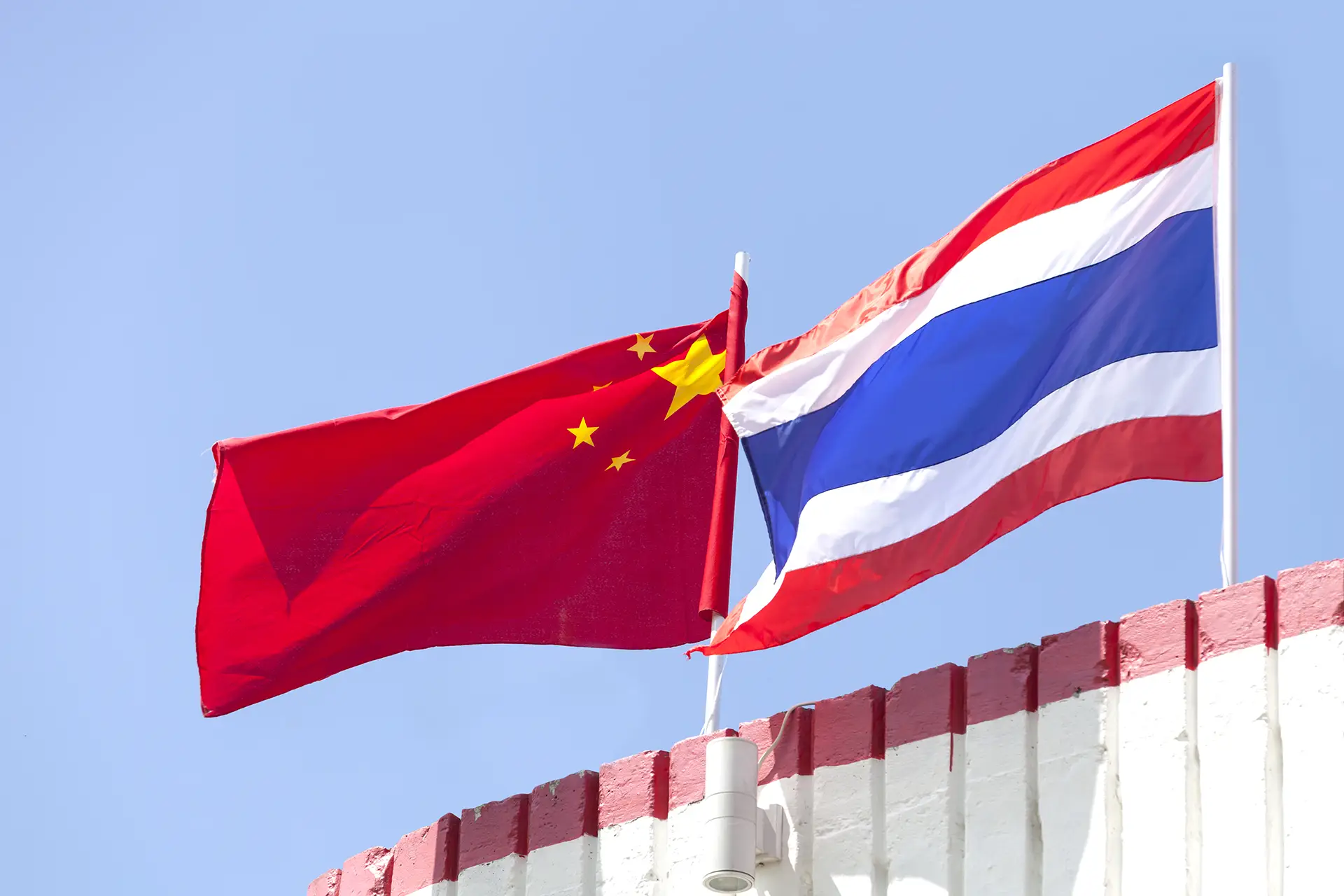
Council of the European Union Recommends the Addition of Indonesia to EU’s Safe Travel List
After another review by the Council of the European Union, on non-essential travel into the EU, the council has decided to update the list of third countries, on the 18th of November 2021, for which travel restrictions should no longer be applied. This marks the fourth update to the list since October 2021.
For the latest review, the Council of the European Union has recommended the addition of Indonesia to the EU’s safe travel list. Once one of the most hard-hit countries in Southeast Asia by Covid-19, Indonesia has managed to reverse things and now only has less than 8,000 active cases.
The first update in October was announced on the 8th of October and it was the addition of Bahrain and the UAE to the EU’s safe travel list. It was followed by another update on the 28th of October with the recommendation of adding Argentina, Columbia, Namibia, and Peru to the EU’s safe travel list. On the 9th of November, the EU Council recommended the removal of Singapore and Ukraine from the EU’s safe travel list.
Currently, 19 third countries meet the conditions and criteria set out in the recommendation, for which travel restrictions should no longer be applied and they are the following:
- Argentina
- Australia
- Bahrain
- Canada
- Chile
- China, subject to confirmation of reciprocity
- Colombia
- Indonesia (newly added)
- Jordan
- Kuwait
- Namibia
- New Zealand
- Peru
- Qatar
- Rwanda
- Saudi Arabia
- South Korea
- United Arab Emirates
- Uruguay
The special administrative regions of China, namely Hong Kong and Macao, should also have their travel restrictions lifted gradually. Taiwan should enjoy the same privilege too as it is considered an entity or territorial authority that is not recognized as a state by at least a single member state.
Although not members of the European Union, Iceland, Liechtenstein, Norway, and Switzerland take part in the recommendations too as they are members of the Schengen area.
It is important to note that the recommendation of the council is not legally binding and gives the authorities of the member states the responsibility when it comes to the implementation of the content of the recommendation. As per stipulations, the list will be reviewed every two weeks, and depending on the outcome of the review, updated.




































































































